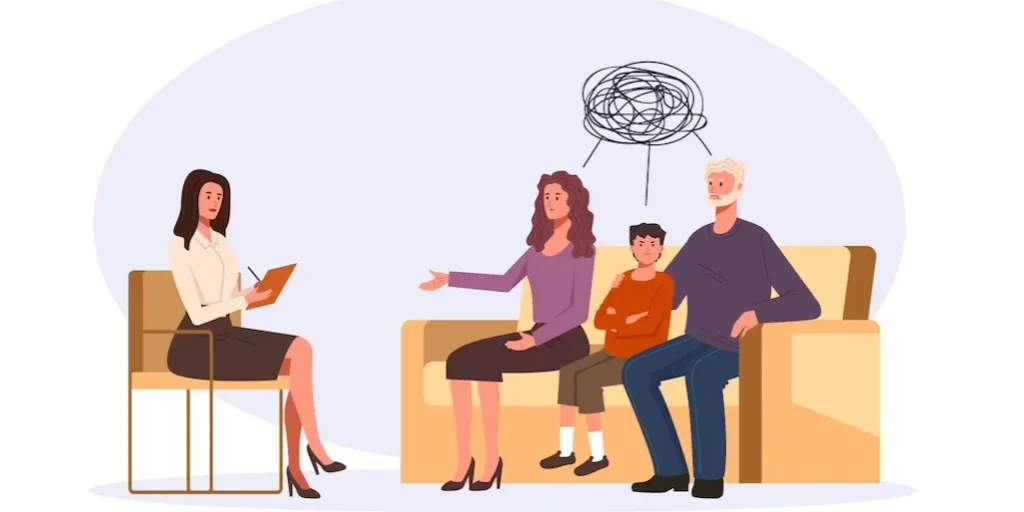24/7 Helpline:
(866) 899-221924/7 Helpline:
(866) 899-2219
Learn more about Aftercare Support centers in Loup County

Other Insurance Options

Regence

Kaiser Permanente
Beacon

Lucent

Absolute Total Care

BlueCross

Choice Care Network

GEHA

WellCare Health Plans

UMR

CareSource

Private insurance

Multiplan

Highmark

Ambetter

Amerigroup

Oxford

UnitedHealth Group

Holman Group

Cigna














